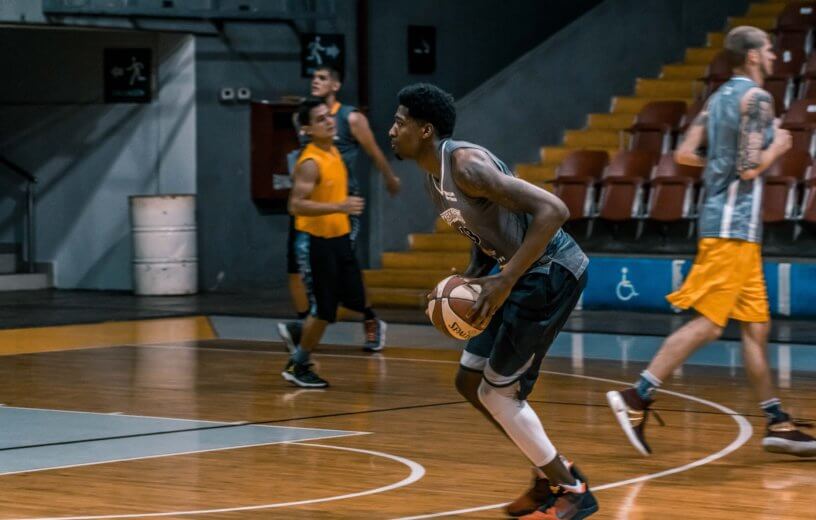FAIRFAX, Va. — A study of college athletes who play indoor sports shows that many players, particularly African Americans, could be vitamin D deficient and at risk of injury or poor athletic performance.
The study was conducted by researchers at George Mason University in collaboration with the Mayo Clinic Health. Researchers examined vitamin D levels of male and female GMU basketball players during the 2018-19 season. Players were given either a high dose, low dose, or no vitamin D dose depending on their circulating 25-hydroxyvitamin D levels at the start of the study. The researchers sought the correct dosage level of vitamin D3 supplements to reach optimal levels.
Vitamin D is crucial for building and maintaining healthy bones. Vitamin D-deficient bones can become brittle, soft, or thin, leading to serious medical issues as people age, including osteoporosis and certain types of cancer.
“Many athletes are now engaging in supplementation and we don’t currently know what the optimal or safe amount of supplementation may be,” said GMU assistant professor Dr. Sina Gallo of GMU’s Department of Nutrition and Food Studies in a university release. “Prior studies that have addressed this topic typically report data from non-athletic, older populations. Because athletes may not get the necessary vitamin D through natural dietary sources, supplementation offers a safe, affordable, efficacious method to combat deficiencies. This may be particularly beneficial for athletes living at higher latitudes during the winter months.”
The players in the study were monitored closely by the researchers, who collected data on each player’s body composition, sun exposure, skin pigmentation, dietary intake, and blood. The authors found that 13 of the 20 participants were vitamin D deficient at baseline. The result is similar to a wider systematic review of previous research that showed 56% of a 2,000 athlete sample in nine countries were vitamin D deficient.
Athletes in the study with darker skin pigmentation showed a higher risk of vitamin D deficiency at baseline. None of the fair-skinned participants were found to have insufficient levels at the start of the study.
Despite the small sample size, the researchers say their work reveals the high prevalence of vitamin D insufficiency in highly-trained Division I college athletes.
The study was published in the journal of Nutrients.
Like studies? Follow us on Facebook!
